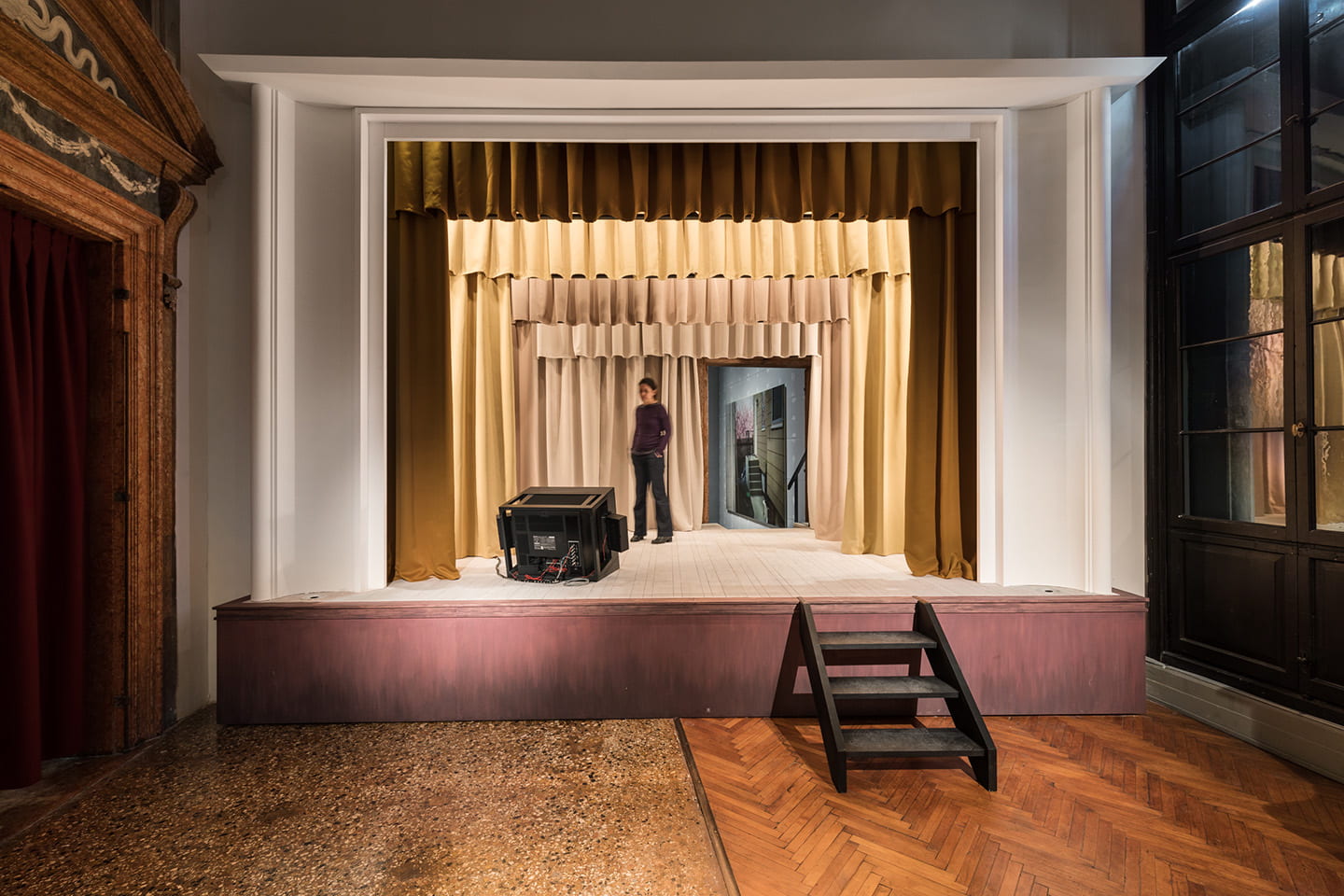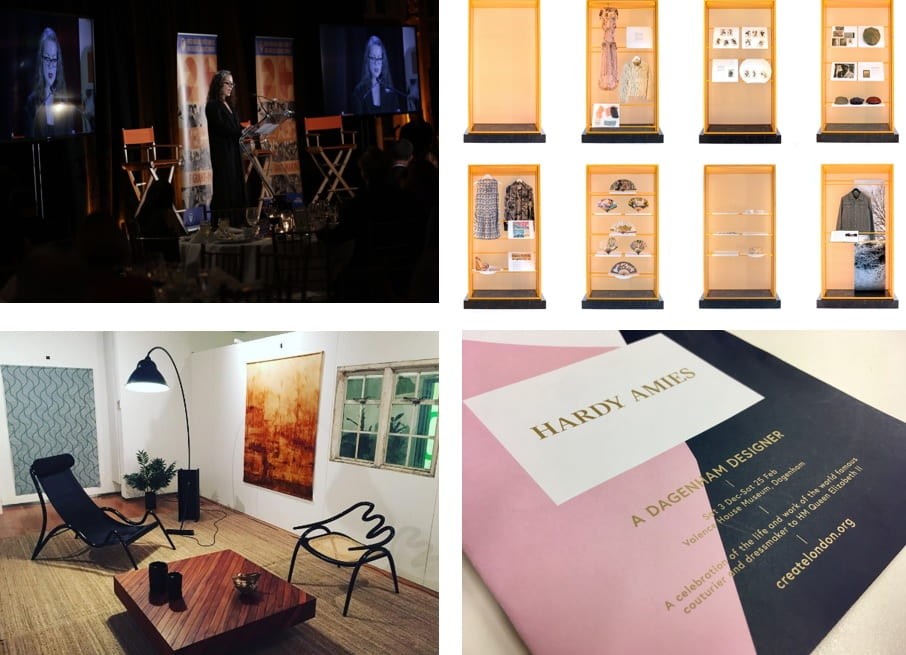‘There ain’t going to be a next big thing because it’s all spinning off into a magnificent diversity for the first time in our tribe’s history…. There’s an unprecedented degree of personal creativity that’s coming from anywhere and everywhere.”
Ted Polhemus, anthropologist.
 <
<
Alexandra Gross. MA Fashion Artefact
I am often asked why there are so many students when there can’t possibly be sufficient jobs for them. Why should they bother going to university when graduates join the lengthening dole queues saddled with thousands of pounds of debt? For me, this reveals a profound misunderstanding of the purpose of education and what our society and economy needs.
Higher education is not just about imbibing facts and training students to be oven ready chickens ready for the jobs market and industry. It challenges the way you think. A good degree course – whatever the subject – sets out a series of hurdles. It requires research skills, encourages questioning and provokes a hunger for new information and ideas. A good graduate provides something new: building on previous knowledge and understanding, she presents new solutions and opportunities for industry, society and culture. Students should challenge previous ideas and re-examine prejudices in themselves and their teachers. A global economy based on knowledge and technology needs graduates. Many countries have recognised this and have ambitious targets well over the UK’s fifty percent of participation in higher education.
Once a student graduates, they move into a market that is never saturated. This country – and the world – thrives on innovation. New ideas and new ways of thinking are sought after. As Ted Polhemus points out diversity and creativity is going to be the way forward and this direction is supported by globalisation, new technologies, new methods of manufacturing and distribution supported and encouraged by us as individuals as we interact in the world and are more demanding and involved with the products and services we want. Education has become more important as the skills and abilities we need to analyse and process information are in greater demand. Exploring the multiple chances and opportunities open to us is at the heart of whatever career or life you wish to create for yourself. A Higher Education should give students the opportunity to test, experiment, investigate and build a set of experiences to transform their thinking, like some form of alchemy, about the world in which we live.
I cannot pretend that all our universities or courses achieve this goal. Educators need to re-examine how they prepare students for a diverse, ever shifting and creative future. However it is also up to the students to challenge us to think for the future. Educators and students need always to push towards original thinking , that questions previous ideas without throwing the baby out with the bathwater. Higher Education should teach students how to think not what to think.
An analysis of current thinking, which understands its roots, and using that knowledge develops original thinking is sought in the jobs market. New thoughts and theories drive the world forwards and has always done so. Of course fashion has changed through the ages, but so have all the creative arts and science is driven by new thinking. In the last 20 years life in Britain has changed radically in so many ways. Mobile phones and the public acceptance of homosexuality may seem to have little in common but both come from different ways of thinking – re-examining old ideas.
Original thought combined with computer skills has led to dot.com millionaires. Green technology waits for future science graduates to lead the way to shrinking the size and multiplying the power of electric batteries so cars can use them instead of petrol.
There will always be a welcome for the young and skilled, a market for ideas from those with fresh eyes and radical approaches. While most of us use education to become household names or millionaires, employers are looking for analytic tools and structured thinking. Obviously, most of my students have a vocation and want practical skills that will allow them to look at new approaches to fashion; they have an idea of the direction they want to follow in their professional lives. A current student on our fashion journalism course won an international competition to present a series of short films about travel, recent graduates joined to develop a company making customised umbrellas. They are undertaking projects with companies as diverse as the Wallace Collection, Carmen hairdryers, English National Ballet and new Look, a prison project and one based in a township in South Africa.
However, for the many students who take a degree because they like the subject but have little idea of the future, the ability to learn and think is far more important than the subject. It is that ability that all should gain from Higher Education.




